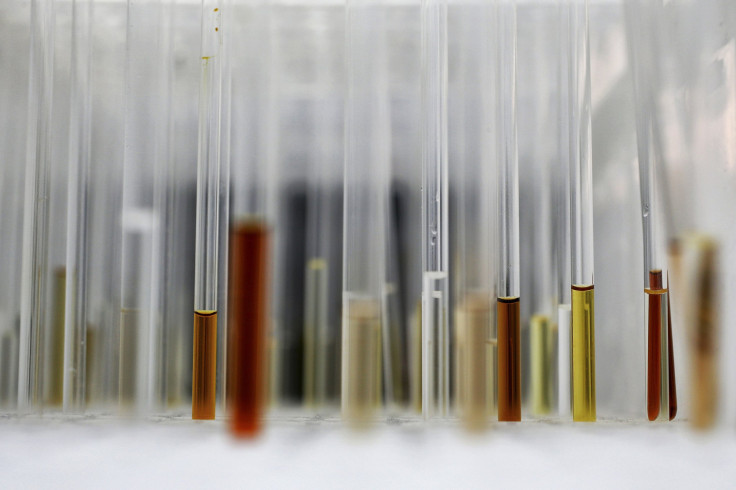Everyday Chemicals May Trigger Cancer When Combined In The Body: Study

Exposure to commonly available everyday chemicals may lead to cancer, a recent study suggests. Researchers believe these chemicals have a tendency to combine in the human body and become carcinogenic.
An international task force comprising 174 scientists from 28 countries conducted the study. The researchers concluded that an average daily exposure to a mix of such chemicals can elevate the risk of cancer, even more than a direct exposure to individual chemicals.
A nongovernmental organization (NGO) called Getting to Know Cancer collaborated with the team of researchers for the study. Their goal was to understand theories about the relationship between everyday chemicals and the development of cancer.
The researchers examined 85 chemicals that were thought to be noncarcinogenic to humans. The team analyzed the impact of those chemicals on bodily mechanisms that are linked to the development of cancer, the New Zealand Herald reported.
The researchers found that at normal levels of exposure, nearly 50 chemicals impacted the key mechanisms linked to the development of cancer. Therefore, the researchers concluded that such chemicals can act in combination to cause cancer, even when low-level exposure to individual chemicals might not result in the disease.
"Since so many chemicals that are unavoidable in the environment can produce low-dose effects that are directly related to carcinogenesis, the way we've been testing chemicals, one at a time, is really quite out of date," lead author William Goodson III said, in a statement.
PR Newswire reports that nearly 1 in 5 cancers may arise due to chemical exposure in the environment. The researchers believe that the effect of chemical exposure needs to be studied in depth to reduce the number of cancers caused by it.
The study findings have been published in the peer-reviewed journal Carcinogenesis.
© Copyright IBTimes 2024. All rights reserved.











